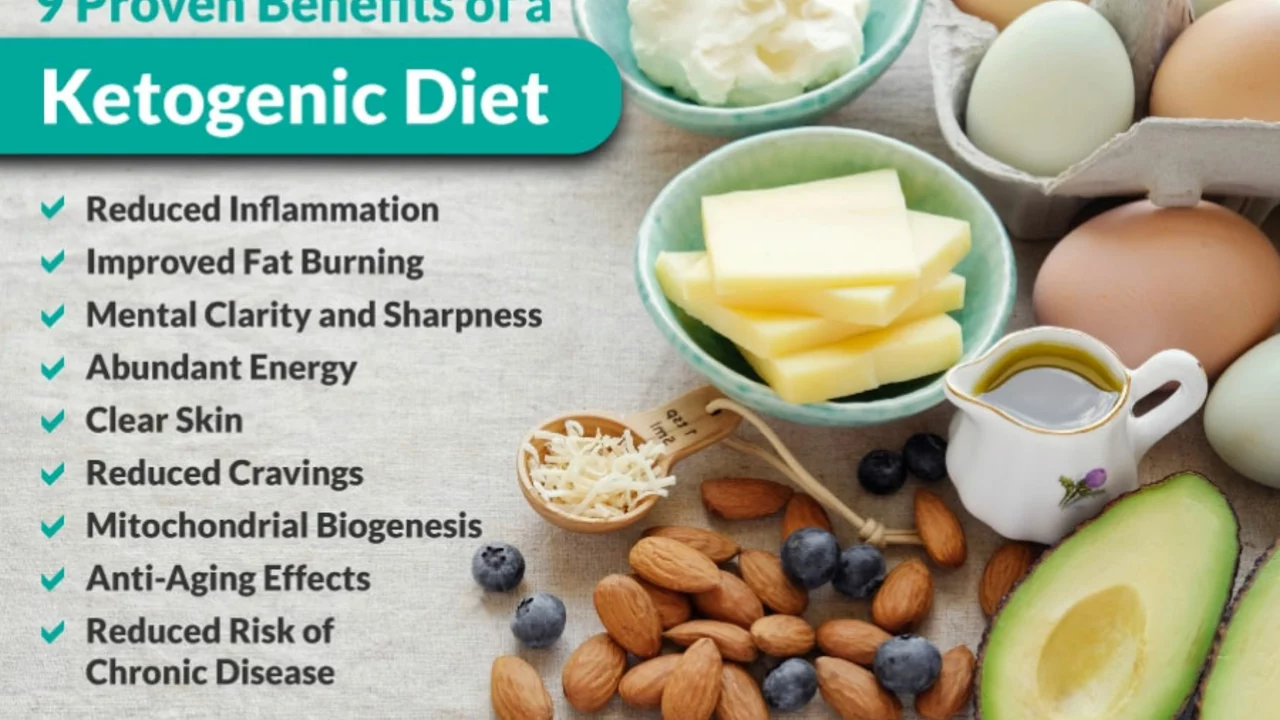Diet inclusion: smart food and supplement choices
This tag collects practical advice on adding foods and supplements to your daily routine without causing harm or clashing with medications. You’ll find clear guides on fertility nutrients, detox and algae supplements like chlorella, citrus extracts such as bergamot, and how food and drink affect reflux, bloating, and prescription drugs.
Want to add a new supplement? First, check the evidence and the dose. For fertility that often means folate, zinc, vitamin D and omega-3s — not miracle cures, but nutrients shown to support reproductive health in studies. For botanical supplements like bergamot or chlorella, look for third-party testing and follow the manufacturer’s dose. Treat supplements like medicines: they can have side effects and interact with prescriptions.
Timing matters. If you take a PPI like omeprazole, some food choices and alcohol can worsen reflux or change how the drug works. For blood pressure medicines such as atenolol or losartan, grapefruit and large amounts of potassium-rich salt substitutes can be a problem. When adding a new food or supplement, keep a simple log for two weeks: what you ate, any symptoms, and what prescriptions you’re on. That info makes it easy to spot trouble and share useful details with your clinician.
Small changes beat big jumps. Swap one item at a time — try adding a daily serving of leafy greens, one omega-3 portion, or a single supplement rather than several at once. That way you can tell what helps and what causes side effects like bloating or stomach upset. If you notice new heartburn, gas after meals, or skin changes, pause the new addition and check with a pharmacist or doctor.
Practical checks before you add something
Ask five quick questions: Do I need this based on a test or symptom? Could it interact with meds I take? Is the dose backed by research? Is the product third-party tested? How will I measure benefit? If you can’t answer these clearly, wait or ask a professional.
How to track effects simply
Use a notebook or a notes app. Write the date, what you added, a one-line symptom score from 0–5, and any side effects. After two weeks, review trends. If symptoms improve and no new problems appear, the change is likely safe. If things worsen, stop and consult your provider.
This tag links to detailed articles on specific medications and supplements on our site so you can read real-world advice before changing your diet. Browse posts about fertility vitamins, bergamot, chlorella, reflux and alcohol, and medication interactions to make smarter, safer choices when you update your diet.
Examples help: start with the lowest label dose and watch effects. If trying bergamot for cholesterol support, discuss it with your doctor and avoid combining with statins unless advised. If you have GERD, avoid late-night alcohol and high-fat meals; try smaller portions and fatty food swaps. For bloating, try low-FODMAP swaps like canned tuna, rice, and cooked carrots instead of raw broccoli. Track results and adjust. Review regularly.

